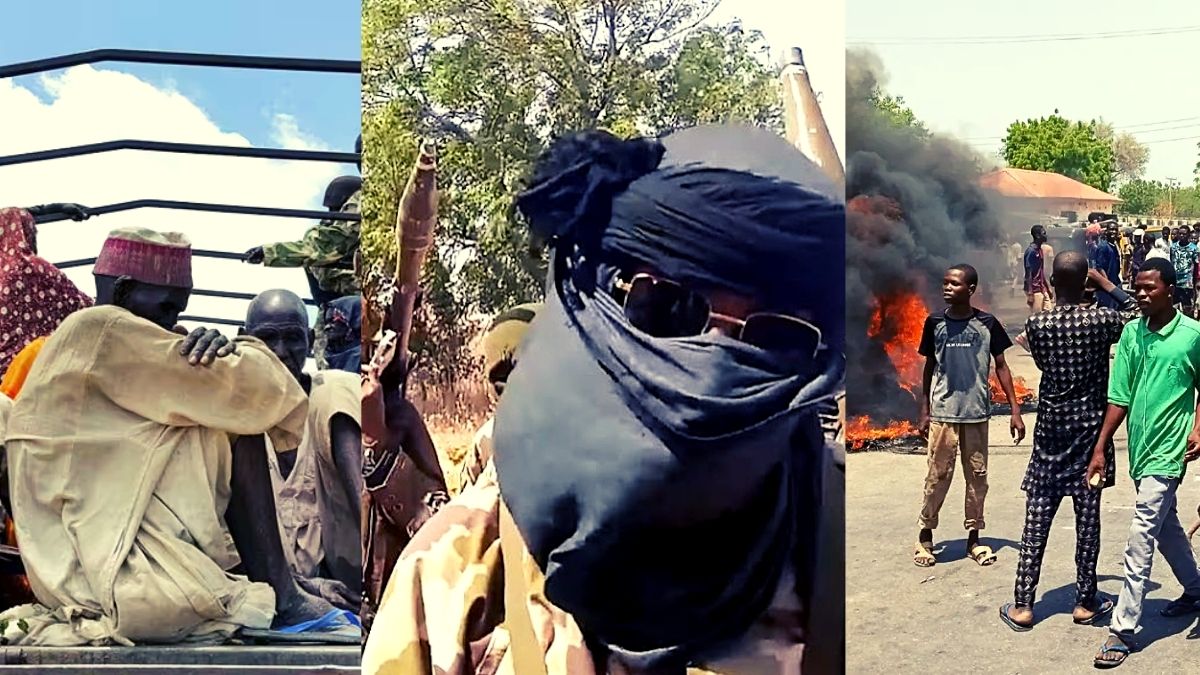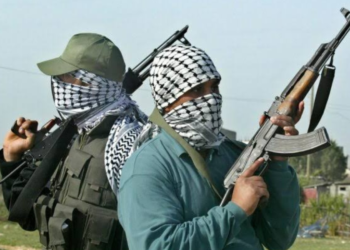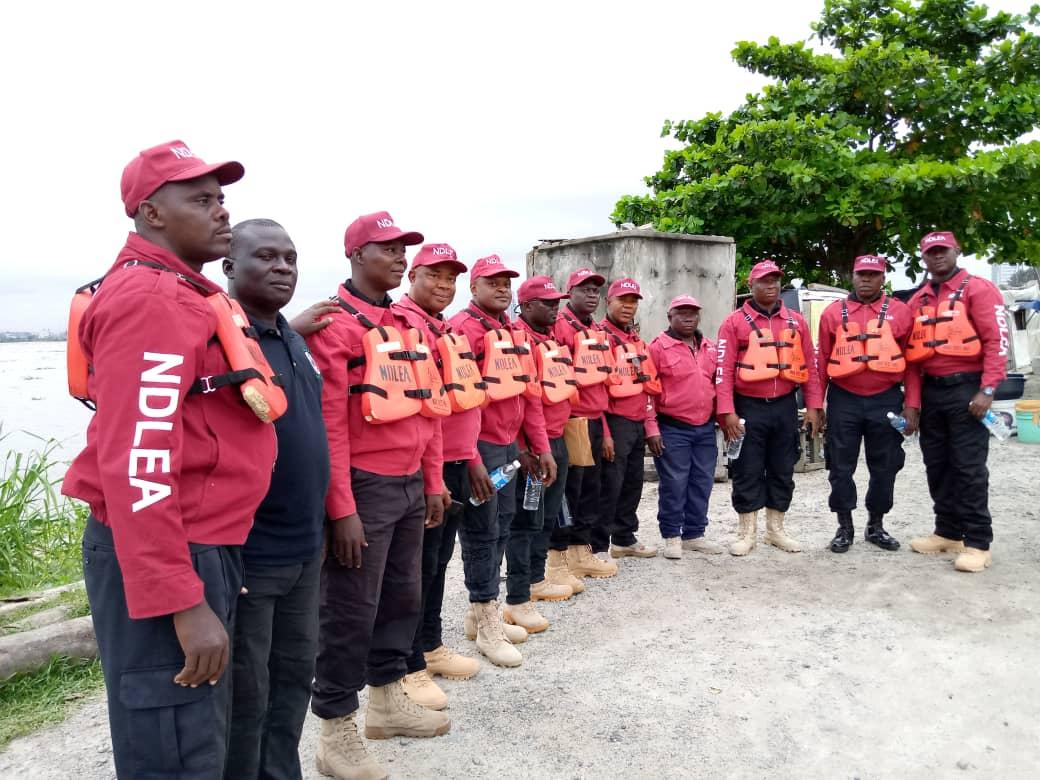Nigeria has been involved in a series of conflicts for some time now, apart from the perennial political conflict during electioneering, farmers and herdsmen clashes is another crisis that has deep roots in the polity. But recently, there has been spike in security challenges, which includes the activities of the Biafra separatists in the South East, Boko Haram Islamists militants in the North-East, kidnappings in many parts of the country, the Niger Delta imbroglio, and so on.
However, the Boko Haram group remains arguably Nigeria’s biggest security threat. The group poses a significant threat to neighboring countries as well, especially Cameroon, Niger, and Chad resulting in grave economic, social, and humanitarian consequences. The group which has held the northeast region by the jugular for over a decade with military winning only on the pages of newspapers. The United Nations had claimed that the number of deaths were far more than reported.
But while the group is making lives unbearable for the people living in Northeast Nigeria, another organised group referred to as the armed bandits are increasingly making lives difficult for the people living in the Northwest area of Nigeria.
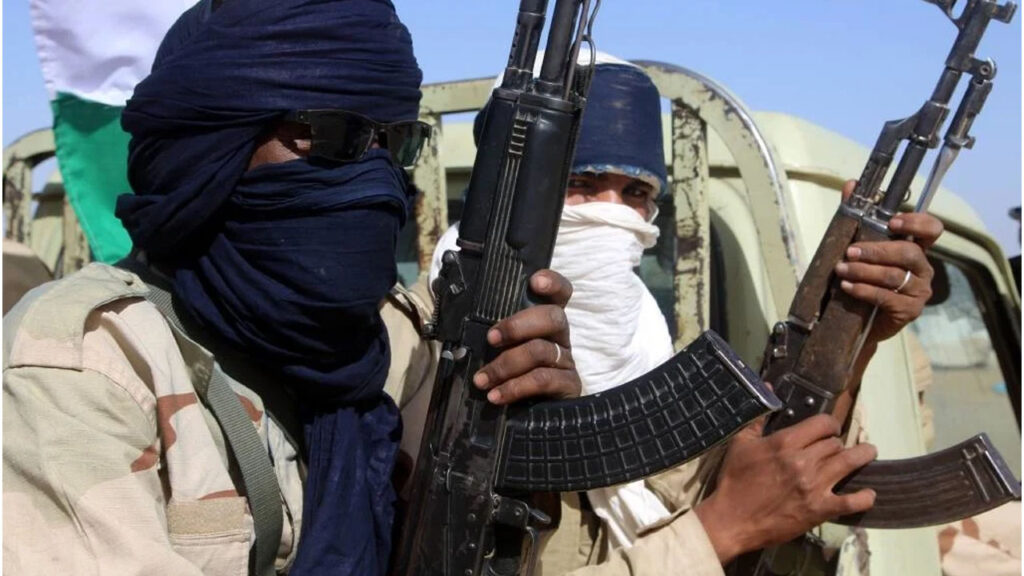
Nigeria’s Northwest has now become another epicentre of violence, much like the Northeast where Boko Haram terrorists have wreaked havoc in the past ten years. A problem, which initially appeared as localized disputes between herders and farmers over access to land, has morphed into an intractable crisis posing a major threat to national and regional security.
Banditry violence is not a new phenomenon in Nigeria. The history of banditry in Nigeria can be traced to pre-civil war period when government deteriorated in certain parts of the old Western region resulting in political upheaval which ultimately resulted in crime and organised insurgency. Accordingly, during the civilian reign, local bandits were reportedly stealing domestic animals.
However, the level of the banditry escalated in the Northwest area of Nigeria particularly in Zamfara, Sokoto, Katsina, Niger, Kaduna and Kebbi States towards 2019 general elections, the activities of bandits have been particularly worrisome. Many are hopeful that the threats would be subdued after the elections but their hope was dashed as those bandits still on rampage across the region.
The activities of these bandits’ ranges from kidnapping to murder, robbery, rape, cattle-rustling, and the likes. Their modus operandi involves maiming and killing their victims when they least expect. Usually, they mobilize themselves through the forests into the neighborhood riding on fast motorcycles especially in the nights and shoot at will. Sometimes in the afternoon, once they were sure there were no security presence of the police or military around, they unleash terror in the communities.
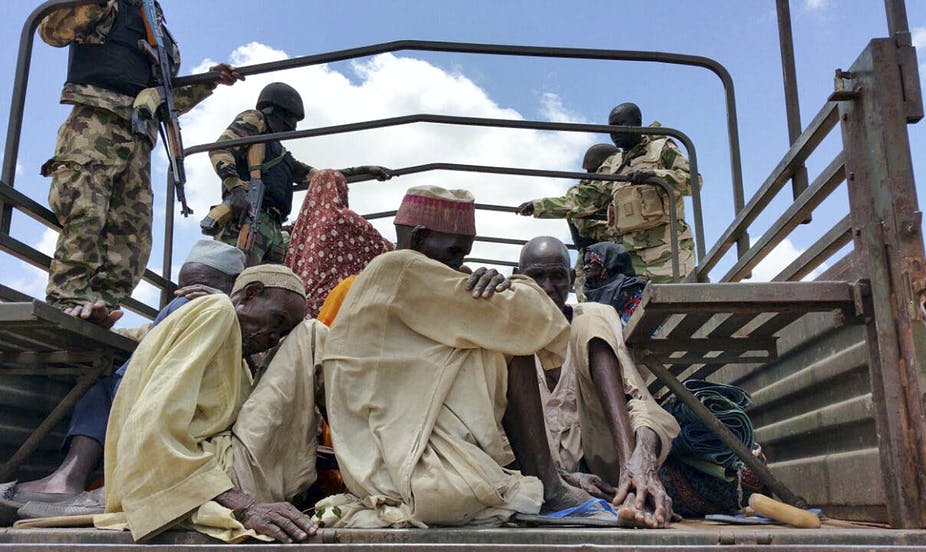
This growing threat is claiming victims in hundreds. Several children have been orphaned and women became widows overnight while the issue of food security as well as humanitarian tragedy will further make life unbearable for many Nigerians.
Just last week Monday, there was a depressing report where bandits set ablaze the motorists on 42-seaters bus traveling to Kaduna. There was also report that 23 people lost their lives during an attack at Gidan Bawa village in Isa Local Government Area of Sokoto state. Government is clearly overwhelmed and the citizens helpless. It is therefore expedient to examine the dynamics of this recent surge in armed banditry, the challenges inhibiting the fight against banditry and how to prevent the total shutdown of the country by bandits and insurgents alike.
The military has complained about not having adequate modern equipment to give to her security personnel to work and had appealed to the international community to help in this regard. Fighting terrorism or banditry is not a tea party. Government must be proactive and foster cooperation with affected communities to bring a lasting solution to it. How do these bandits’ source for guns and tools to fight with? Where are they hiding? How do they access finance? Do they have records that can be accessed? Is it possible to trace their roots and linkage? How can information leakage among security personnel’s or civilians partnering with them be reduced? Answers to these questions will show that the threats of bandits can be reduced if not nullified.
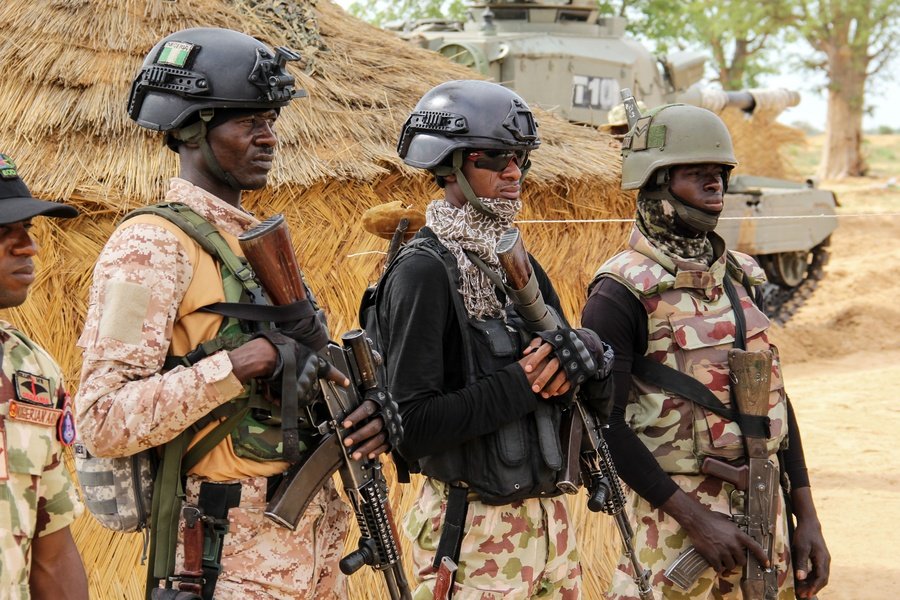
This unwarranted death must be stopped in whatever capacity government can mustered.

